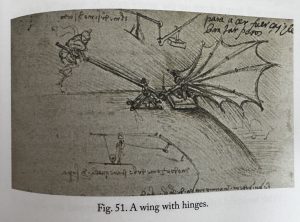The internet era rewards specialists, but we believe the future belongs to generalists. GenAI has already levelled the playing field, and the AI disruption is coming for knowledge workers.
We had three conversations yesterday with different leaders, all pointing in the same direction.
Cyan Lee, Head of Data Science Operations, shared that the most valuable talents of the future will be those who bring net new knowledge. If ChatGPT/Gemini, and the likes, hold the world’s information, and everyone has access to it, what sets you apart? Net new knowledge becomes the new north star for differentiating yourself.
Steven Tan, CIO, talked about many tech talents get stuck because they never step outside their domain. He made a conscious choice to build a strong foundation across software development, infrastructure, and security. That’s what allows him to apply first-principles thinking and lead with clarity.
The Data Architect is already building GenAI capabilities inside one of the most forward-thinking financial institutions. She said the future of work will reward multi-disciplinary talent. She imagines managing 5 team members and 15 AI agents in the not distant future, say 5–7 years. And it might come sooner.
Speaking of multidisciplinary, we have many in history who left a mark on this world. Take Leonardo da Vinci, he painted masterpieces, designed flying machines, and studied human anatomy. His curiosity might feel intimidating, but here’s the thing: it’s exactly that kind of thinking the future will reward.



 .
.
Leonardo da Vinci created artwork that crossed the boundaries of art, science, and anatomy. Here are a few of his multidisciplinary pieces.
So what does that mean for you, especially if you’re thinking about your next job?
→ Choose discomfort over comfort to learn new skills.
→ Avoid roles that box you in, look for multi-disciplinary scope.
→ Get your hands dirty with AI and have some use cases under your belt before your next move.
→ Read more, especially in areas that train first-principles thinking such as hard science, economics, history, and so on.
The world is changing faster than ever. While others cling to their narrow expertise, you can choose to expand your horizons. The question isn’t whether you’ll be disrupted, it’s whether you’ll be ready when it happens.
Your career isn’t just about what you know today. It’s about how quickly you can learn what you need to know tomorrow.